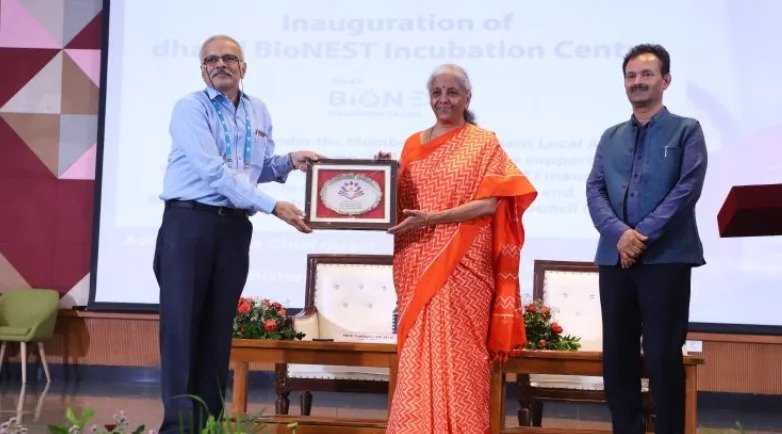It’s important for healthcare startups in India to recognise the price sensitiveness of the market
Chandigarh-based startup RNT Health, recognised for its groundbreaking innovations, including the recent US FDA Breakthrough Device Designation for an oesophageal cancer detection tool, has launched its Automated Endoscopy Report Generation software to streamline manual reporting workflows in endoscopy suites. In an exclusive interview with BioSpectrum, Tanmaya Gulati, Co-Founder of RNT Health Insights, shares details of the company’s recent and upcoming innovations and a vision for transforming endoscopic procedures in India.
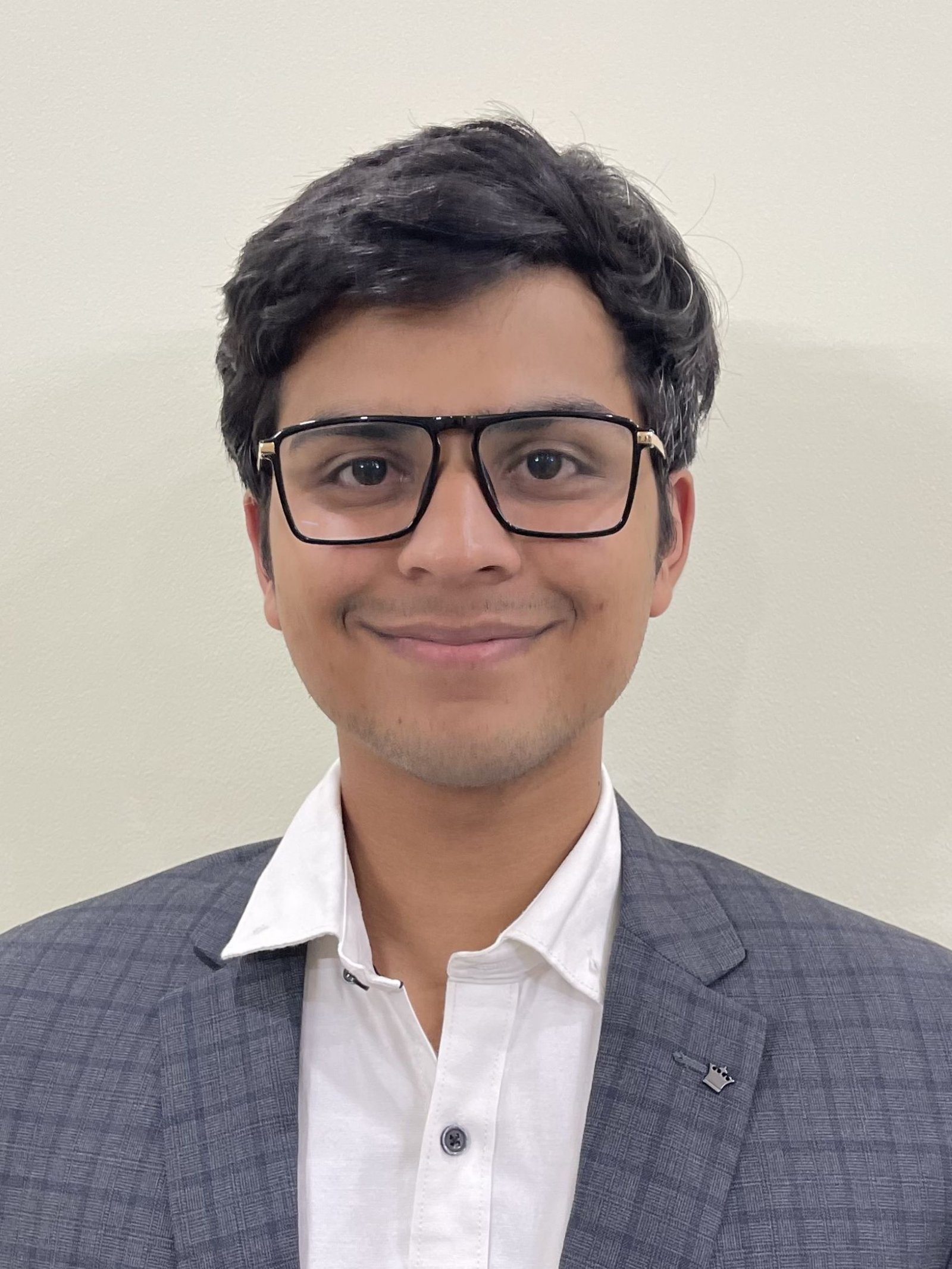
Could you share some of 2024’s most impactful milestones for RNT Health Insights and key plans for 2025?
During 2024, RNT Health Insights achieved significant milestones, including receiving the US FDA Breakthrough Device Designation for two of our Medical Devices- one intended for Early Gastric Cancer detection and the other for detecting Early-stage Oesophageal Cancer. Oesophageal cancer is the fourth leading cause of cancer-related deaths in India and the sixth leading cause of cancer-related deaths worldwide, claiming over 540,000 lives annually. Its prognosis is notably poor, with a five-year survival rate of less than 20 per cent. This is primarily due to the associated high miss rate of detection during early stages and attributed to the fact that it is almost always detected at an advanced stage.
Likewise, despite gastrointestinal endoscopic procedures being the gold standard method for the diagnosis of gastric cancer, the current miss rate for the diagnosis of the disease during these procedures stands at 4.6-25.8 per cent, depending upon the endoscopists’ experience and visual observations. Recently, we have also secured the Central Drugs Standard Control Organisation (CDSCO) Test License in India, and were honoured with prestigious non-dilutive grants including the WTFund grant, as well as the Pfizer INDovation NIPER-A edition programme grant, conducted by Pfizer, Social Alpha, Department of Pharmaceuticals, and NITI Aayog and also a Research and Development grant from Emergent Ventures- Mercatus Center at George Mason University, USA. In 2025, we are focused on obtaining the necessary regulatory approvals and then commercialising our breakthrough medical devices in India, aiming to transform gastrointestinal diagnostics across all endoscopy suites nationwide.
How does the technology behind your AI-assisted detection tool improve real-time diagnostic precision?
The technology behind our artificial intelligence (AI)-assisted detection tool integrates advanced spatial and temporal computer vision algorithms. This allows for the meticulous analysis of every single video frame in real time, detecting subtle lesions while also understanding the dynamic relationships of various parameters over time. Our models are designed for optimal latency, processing data and delivering predictions within 25 milliseconds per frame to ensure smooth integration into existing endoscopy workflows. This unique combination of high accuracy and swift processing, along with a robust learning framework trained on a diverse and heterogenous dataset of cancerous as well as non-cancerous lesions, positions our medical devices as an essential tool in enhancing diagnostic accuracy during endoscopic procedures.
Are there any upcoming product launches or partnerships in the pipeline?
Our Automated Endoscopy Report Generation software was launched in February 2025. It is a tool designed to streamline and automate the labour-intensive manual reporting workflows in endoscopy suites. Our Automated Endoscopy Report Generation software, ReportGI, is available to use from March 15 onwards. Additionally, we are preparing for the launch of our esophageal and gastric cancer detection medical devices in India, after obtaining the CDSCO Manufacturing License and other necessary regulatory approvals, in the latter half of the year. This launch will be in collaboration with our pilot research hospital centres. We are also exploring opportunities to expand our product portfolio both horizontally and vertically, developing new algorithms in close collaboration with key opinion leaders in the field.
What are the key regulatory and market challenges you face in bringing AI-based diagnostic tools to broader markets?
Navigating the evolving landscape of regulatory standards for AI-driven Medical Devices presents significant challenges due to the nascent nature of this technology in healthcare. Our commitment to transparency and adherence to rigorous safety and efficacy standards are fundamental as we build our startup. Additionally, fostering stakeholder engagement, driving adoption, and aligning our developments with clinical practices and workflows are pivotal to our strategy, despite the inherent challenges in introducing novel diagnostic tools in the Indian healthcare market.
What are the current challenges and trends facing the medtech/ diagnostic startups in India?
The evolving landscape of medtech and diagnostic startups in India is characterised by a shift away from a one-size-fits-all approach in patient care towards personalised medicine. This is driven by the capability to analyse and interpret healthcare data with high accuracy and then provide actionable insights. Personalised diagnostics and the use of sophisticated algorithms, such as deep learning, are emerging as key trends and are shaping the future of healthcare technology. The primary challenges faced by startups in this sector include navigating the complex regulatory landscape, which is continuously adapting to such new technologies, and meeting the stringent requirements for clinical validation necessary to gain acceptance within the medical community.
To make a mark for themselves in the medtech sector, do Indian startups prefer getting global approvals first and then launching their products in India? Is there a trend, or are there challenges surrounding approvals in India for medtech startups? Or are there any quality constraints?
Indian medtech startups are increasingly focusing on capturing the domestic market before scaling globally, supported by the government's push for self-reliance in medical device manufacturing. Indian doctors have the finest training in the world and are adept at adopting and utilising new technology. However, a large portion of the cost of new medical technology is borne by the patients- and healthcare startups in India need to recognise the price sensitiveness of the Indian market. To build for the Indian medtech industry, and making a significant difference to the quality of Indian healthcare and then expanding globally is a fulfilling path, that startups like ours intend to undertake, and with initiatives like the Meditech Mitra scheme, the process of obtaining regulatory approvals in India has become more scientific and transparent and supportive for startups.
How has funding accelerated your growth, and are there any recent investments you’d like to highlight?
Our growth has been substantially accelerated by funding and support from organisations such as IKP Eden, WTFund, Social Alpha and Pfizer, Emergent Ventures, and the Department of Science and Technology (DST), Government of India. These partnerships have not only provided financial backing through grants and funding support but have also facilitated essential hospital and research collaborations, helped us expand our technical team, and supported our progress towards critical regulatory milestones, allowing us to broaden our scope of operations and impact within the healthcare sector.
Vrushti Kothari
(vrushti.kothari@mmactiv.com)
Published on : 11th April, 2025
BIO-TECH
-
IHH Healthcare and Fortis launch ‘IHH Catalyst’ to strengthen India’s healthcare innovation ecosystem 11th February, 2026

-
Venture Center receives ATF 2025 Honour for supporting assistive technology innovations 24th November, 2025
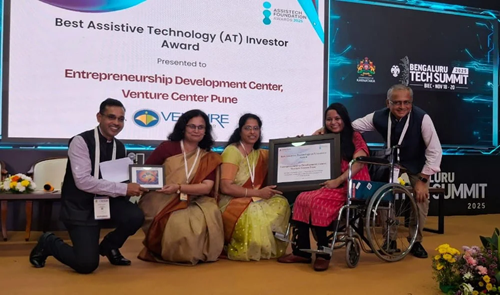
-
Vaidam Health and Vanuatu's Ministry of Health ink MoU to strengthen cross-border healthcare access 20th November, 2025
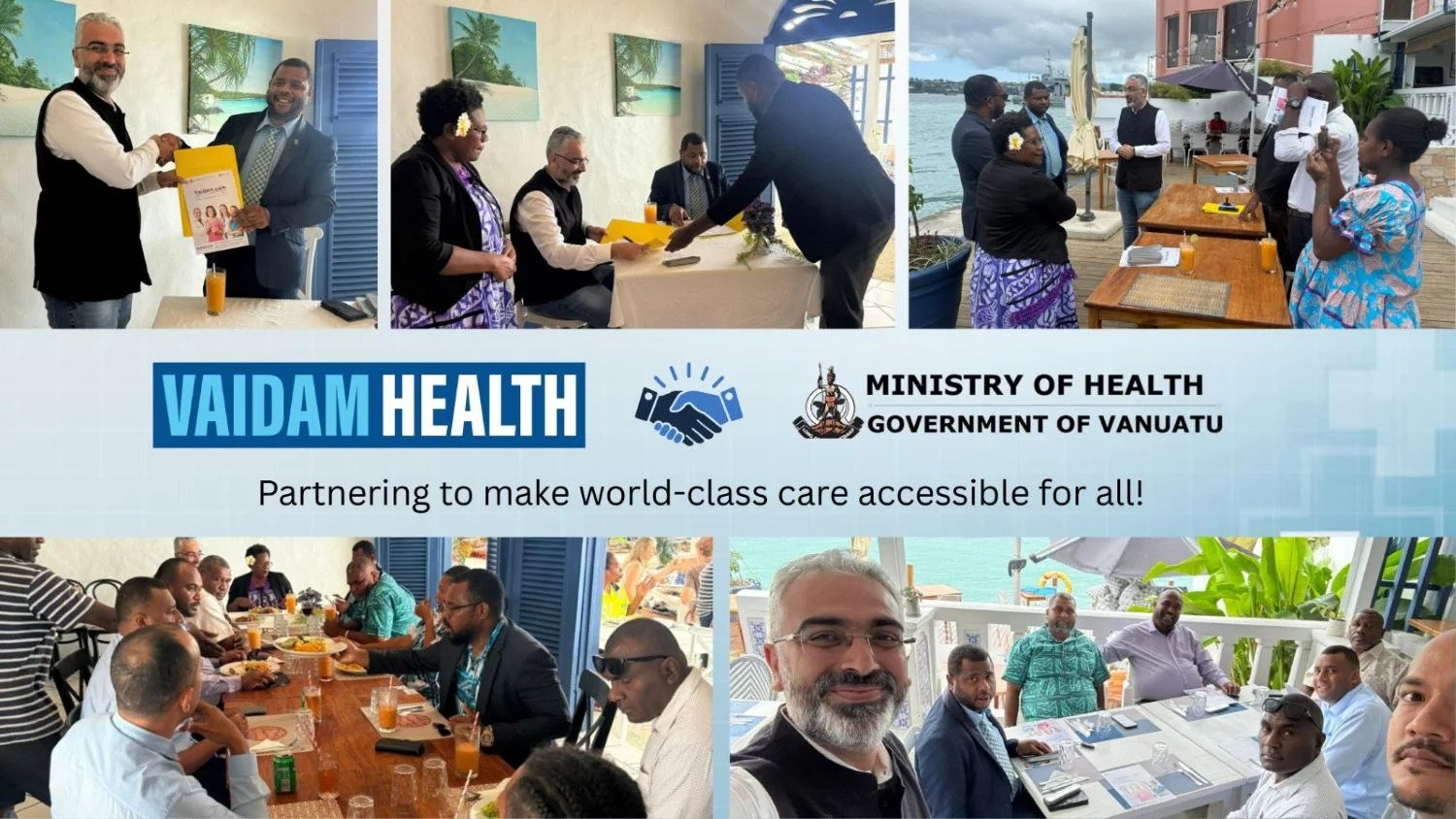
-
Whale Tank Biocatalysts hosts Startup-Investor Meet WT 3.0 in Hyderabad 17th November, 2025
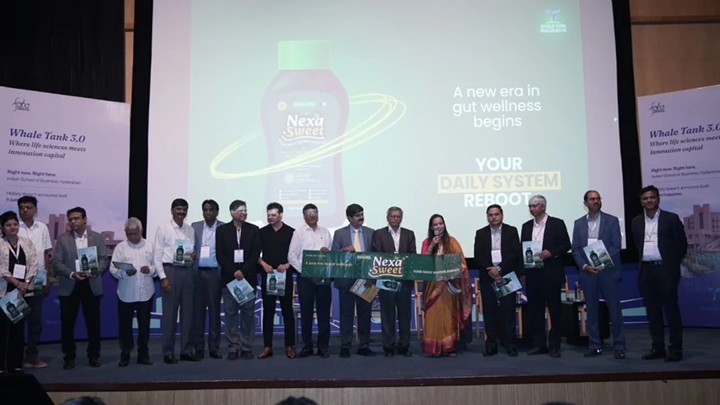
-
BTS 2025 to host India’s largest entrepreneurship platform “Future Makers Conclave” on Nov 20 06th November, 2025
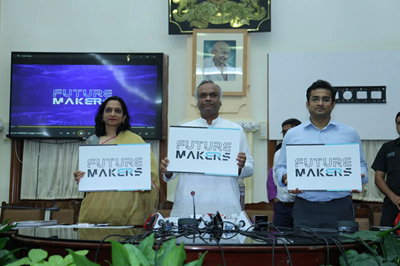
-
Bessemer Venture Partners leads Rs 125 Cr Series A funding in fertility startup Pluro 04th November, 2025

-
dhaRti BioNEST Incubation Centre opens at Indian Institute of Technology (IIT) Dharwad 15th October, 2025
